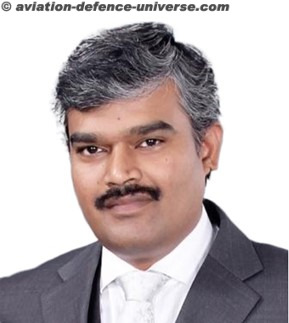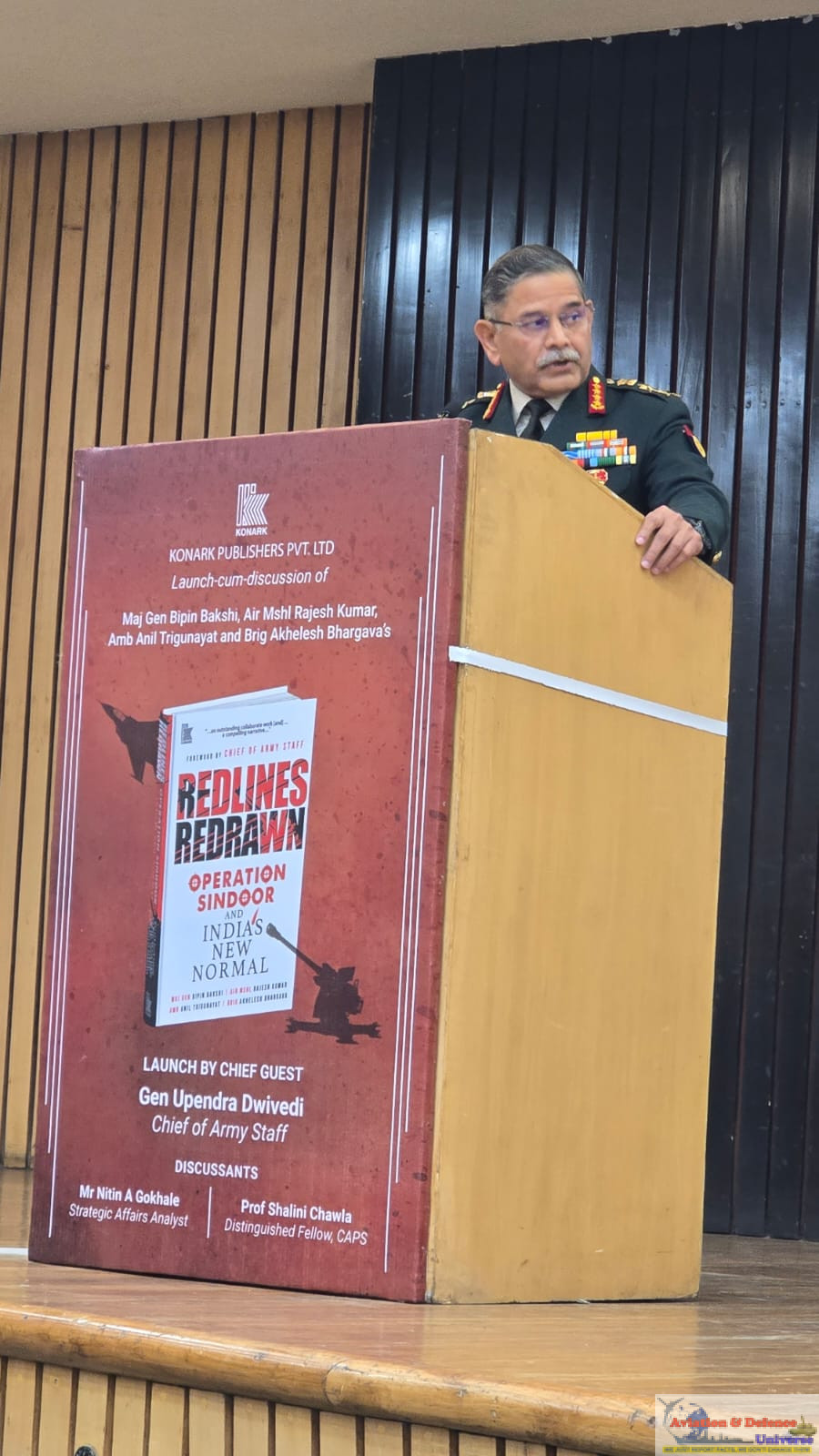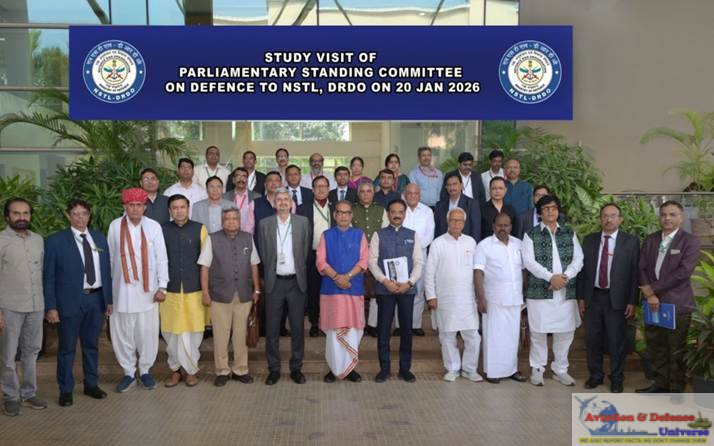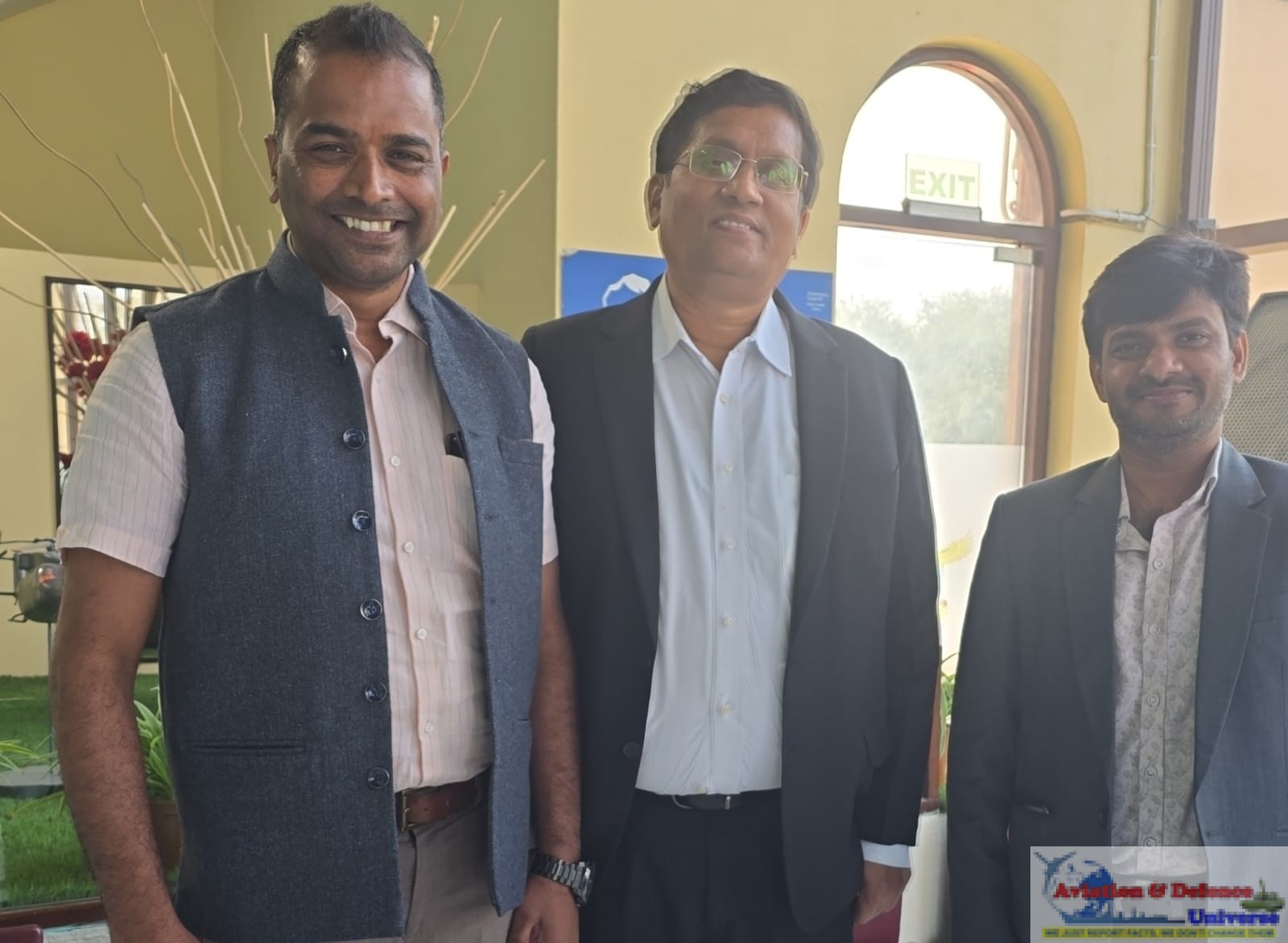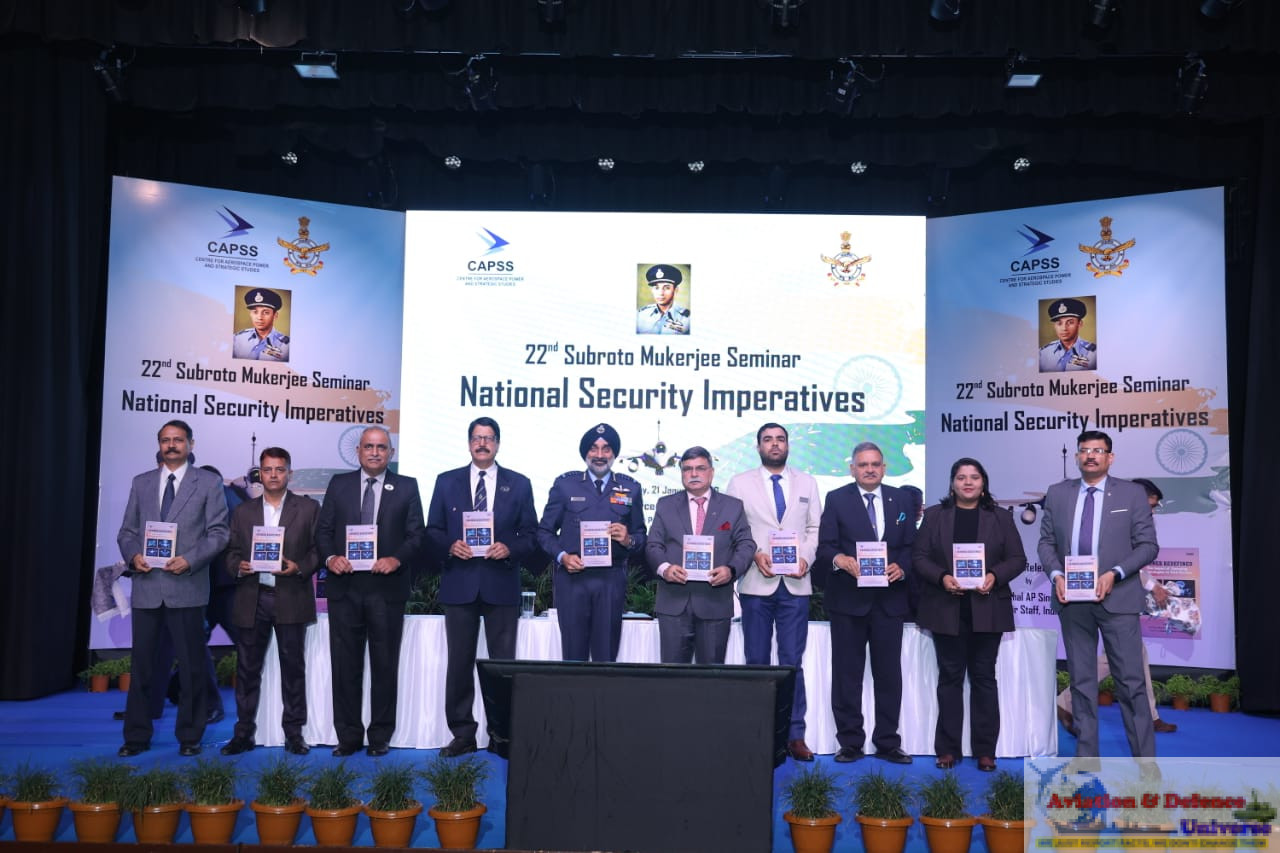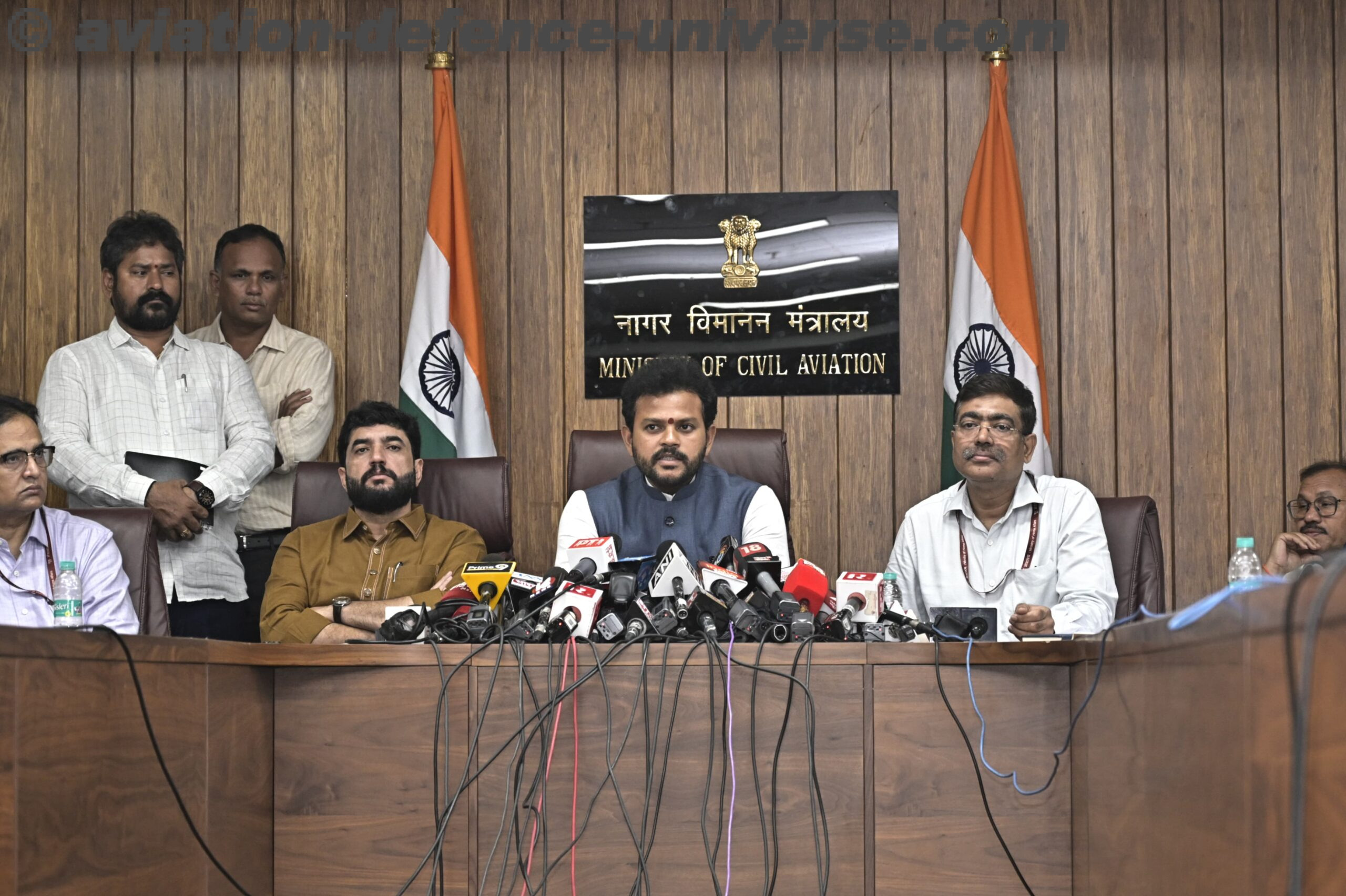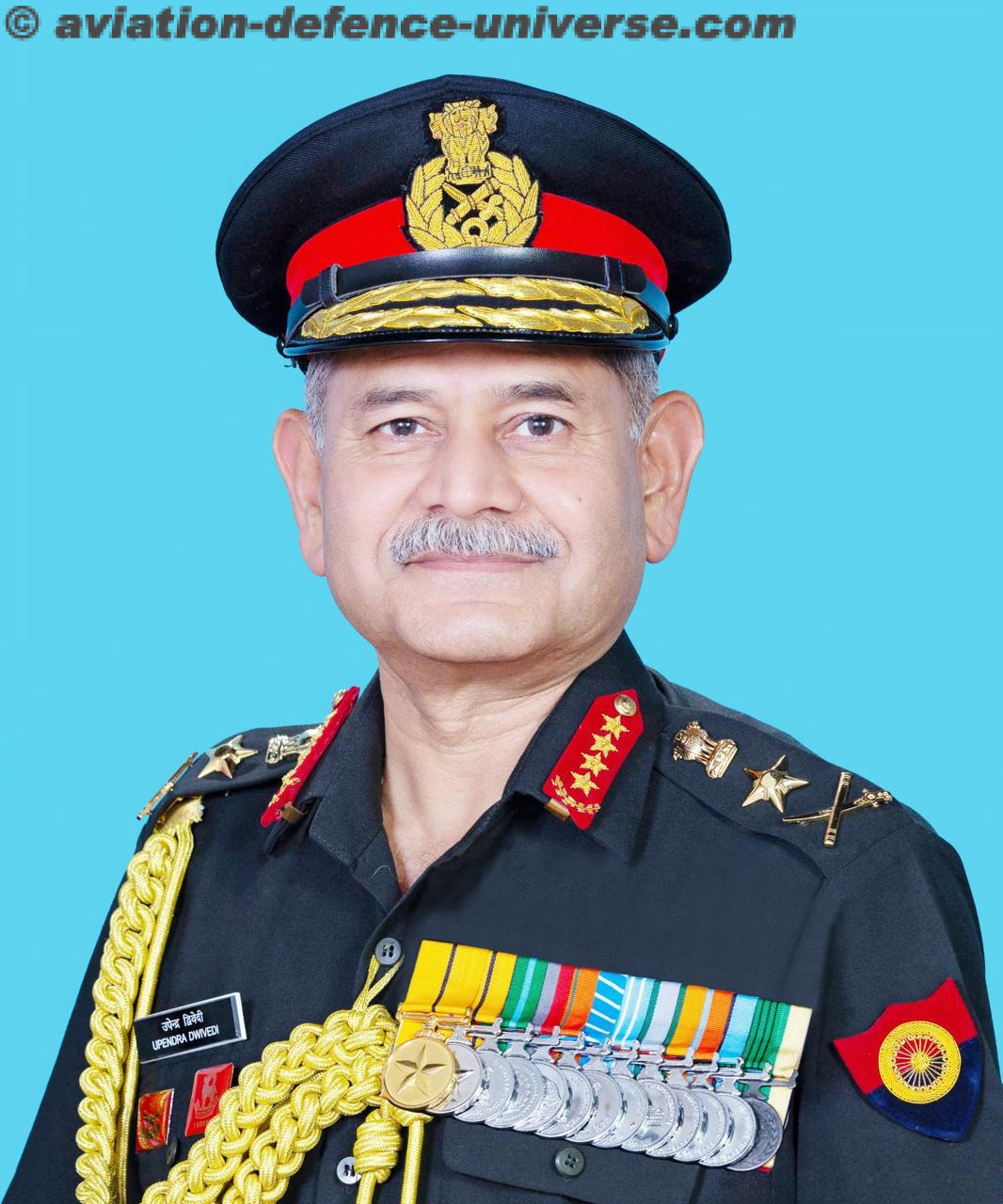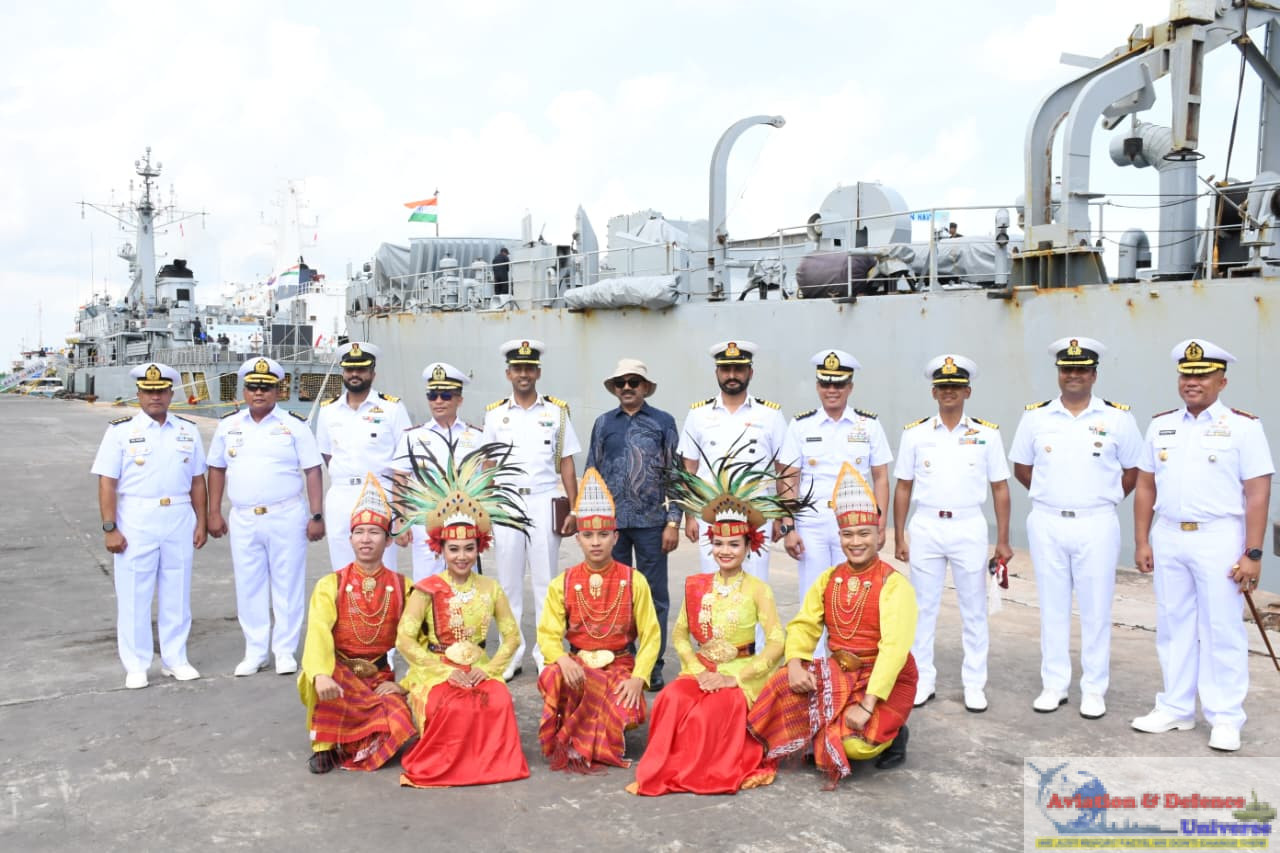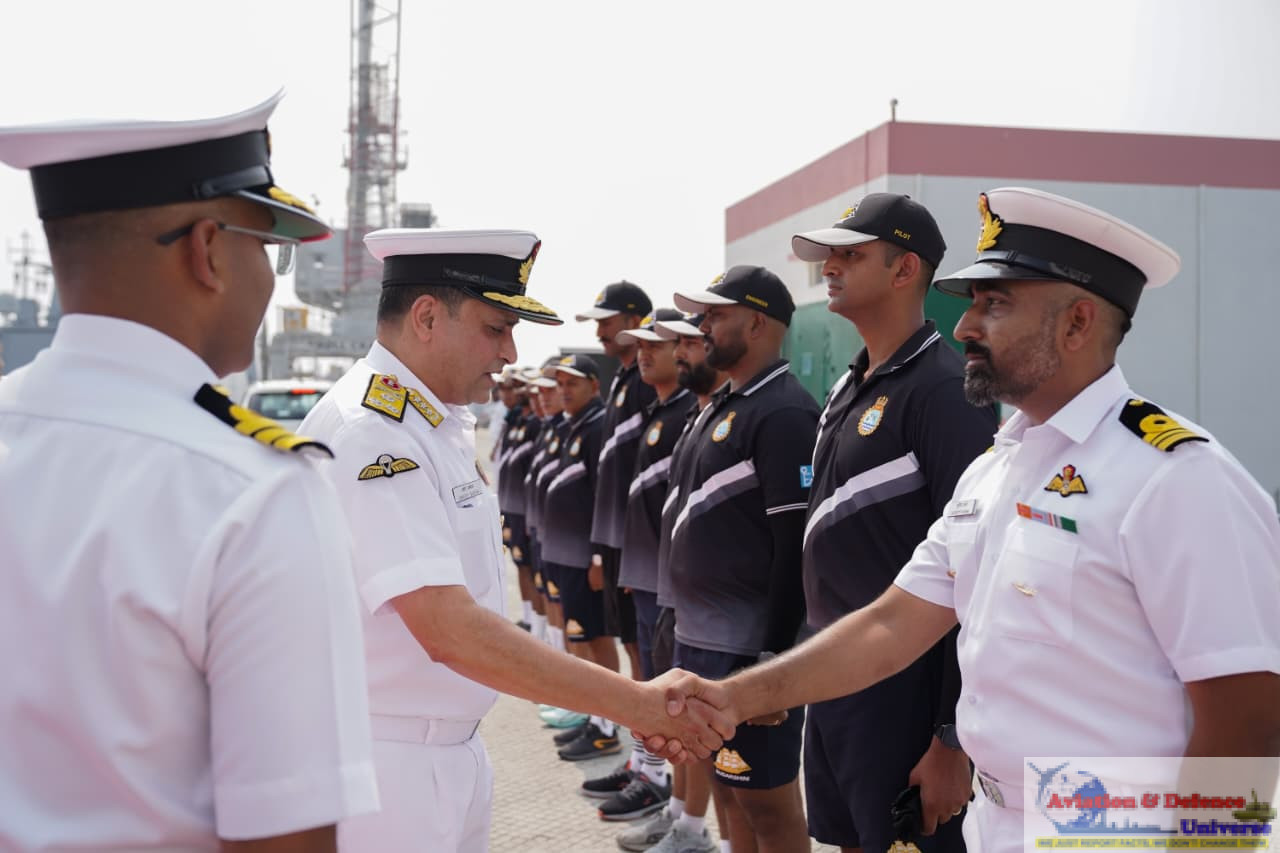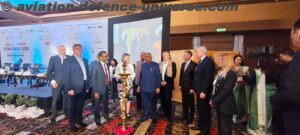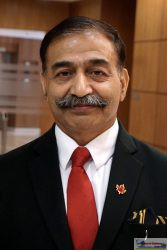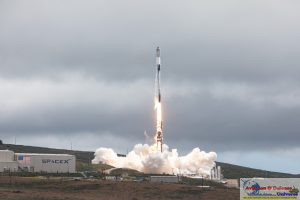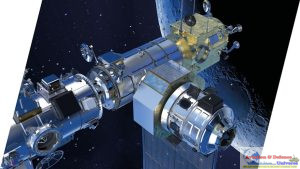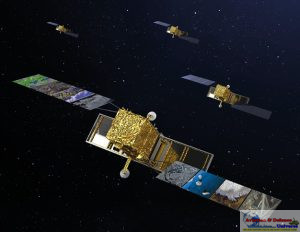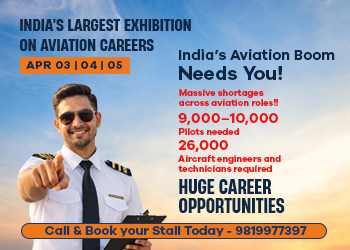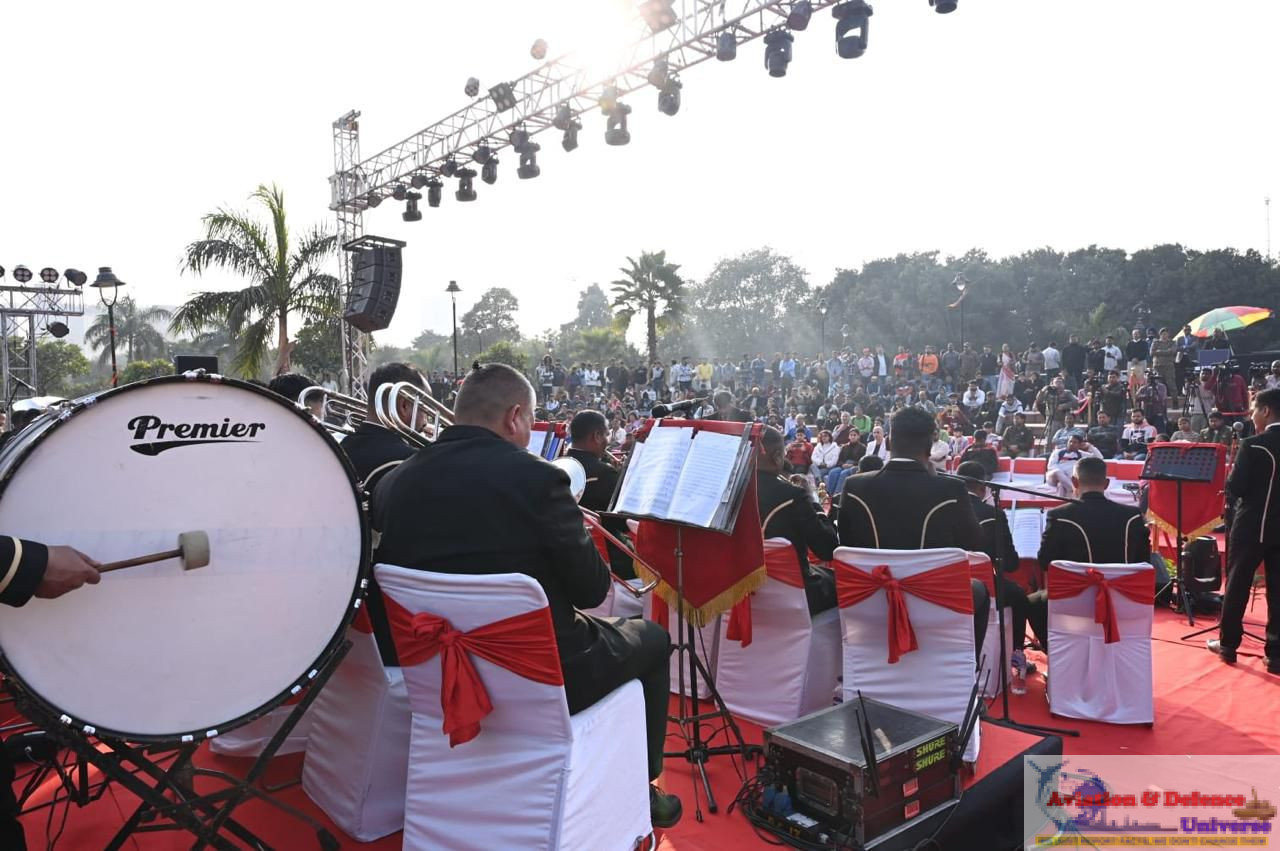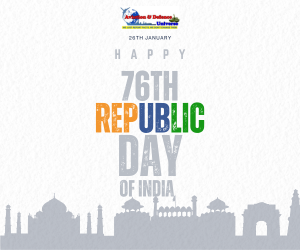Space Technology Indian space ecosystem 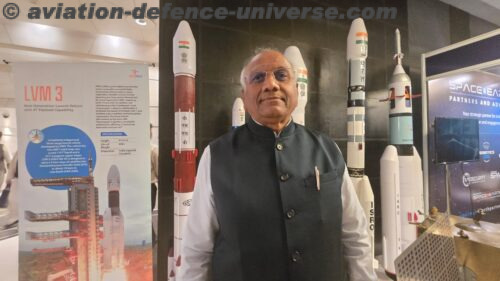
- India Must Become the Superpower in Space Technology
- India on the path to becoming a Global Space Hub
By Sangeeta Saxena
New Delhi. 26 June 2025. India’s space programme has emerged as one of the most dynamic and rapidly advancing in the world, transitioning from humble beginnings with the launch of Aryabhata in 1975 to achieving complex missions like Chandrayaan, Mangalyaan, and Gaganyaan. Spearheaded by the Indian Space Research Organisation (ISRO), the programme has demonstrated prowess in cost-effective satellite launches, deep-space exploration, and indigenous innovation. India is now a reliable launch service provider through its PSLV and GSLV platforms and is actively building capabilities in reusable launch systems, human spaceflight, and private sector participation. With increasing emphasis on strategic applications, international collaboration, and commercial satellite services, India is cementing its status as a rising global space power committed to both national development and scientific excellence.
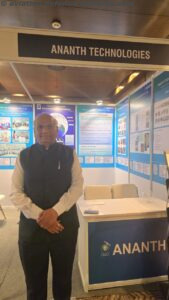 On the sidelines of the India Space Congress 2025, Aviation & Defence Universe (ADU) caught up with one of the key architects of India’s private space ambitions — Dr. Subba Rao Pavuluri. As the CMD of Ananth Technologies, President of Satcom Industry Association (SIA-India), and Co-Chair of the FICCI Space Committee, Dr. Subba Rao Pavuluri is a seasoned space scientist with over three decades of experience. From leading India’s push toward private space industry participation to envisioning the country as a global space power, he shares key insights with ADU in an exclusive conversation.
On the sidelines of the India Space Congress 2025, Aviation & Defence Universe (ADU) caught up with one of the key architects of India’s private space ambitions — Dr. Subba Rao Pavuluri. As the CMD of Ananth Technologies, President of Satcom Industry Association (SIA-India), and Co-Chair of the FICCI Space Committee, Dr. Subba Rao Pavuluri is a seasoned space scientist with over three decades of experience. From leading India’s push toward private space industry participation to envisioning the country as a global space power, he shares key insights with ADU in an exclusive conversation.
ADU. Sir, it’s the fourth edition of India Space Congress. Are you where you thought you would be when you started the association?
Dr. Subba Rao Pavuluri. When space reforms were announced, the idea was to bring private players into the Indian space ecosystem. ISRO would continue focusing on R&D and planetary missions, while operational projects would be industry-led. That’s when we formed the SATCOM Industry Association to unify space manufacturers. The goal was to influence sectors through satellite data and encourage global collaborations. Today, we’re very close to the vision we began with.
ADU. What’s the theme for this year’s Space Congress?
Dr. Subba Rao Pavuluri. The theme is “Pioneering Innovation in Space Technology. India’s Journey Towards Global Partnership.” We’ve developed meaningful partnerships with countries like Australia, Hungary, Czech Republic, and Italy. Space is not about competition; it’s about collaboration. That’s the spirit we follow.
ADU. Yesterday was historic with India’s spaceflight achievement. Your thoughts?
Dr. Subba Rao Pavuluri. Absolutely. Group Captain Shabhanshu Shukla’s mission is a proud moment. As he enters the ISS, it’s a precursor to India’s Gaganyaan mission. These missions offer tangible outcomes like microgravity experiments — testing muscle strength, agriculture in space, and electronics. They also offer intangible benefits — national pride and inspiration for the youth.
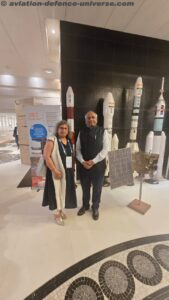 ADU. How has industry participation evolved across these editions?
ADU. How has industry participation evolved across these editions?
Dr. Subba Rao Pavuluri. The growth is phenomenal. Earlier, youth aimed for government jobs. Now, they want to build space startups. We now have 250–300 active space tech startups working on small satellites, optical payloads, hyperspectral imaging — it’s a revolution. The scientific temperament is growing, and that’s encouraging.
ADU. What role are larger industry players like L&T and Tata playing now?
Dr. Subba Rao Pavuluri. Earlier they weren’t in space. Now they see the commercial opportunity. For instance, HCL is now building launch vehicles. Big players are bringing investments into space commerce — a great boost to the ecosystem.
ADU. Are academia and research institutes integrated into this innovation ecosystem?
Dr. Subba Rao Pavuluri. Absolutely. Collaboration is the key. Our company works with many startups and academic institutions. This enriches the space ecosystem. We need to keep building this bridge between academia, industry, and government.
ADU. You’ve always been seen at DefExpos too. Tell us about Ananth Technologies’ role in both defence and space.
Dr. Subba Rao Pavuluri. I’m a space scientist by background — I started in ISRO and founded Ananth in 1991. Today, we work across launch vehicles, satellites, and applications. We also serve defence needs — space and defence are interconnected. For instance, surveillance satellites support coastal and border security. Space must serve the nation’s strategic needs.
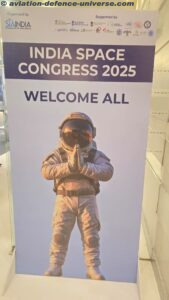 ADU. Are the Armed Forces engaged with the Association?
ADU. Are the Armed Forces engaged with the Association?
Dr. Subba Rao Pavuluri. Very much so. The Army, Navy, and Air Force actively participate in DefSpace events. They use satellite communications, surveillance systems, and sensors. They’re very enthusiastic about space applications for strategic purposes.
ADU. And nowhere else in the world has so many entrepreneurs. We are second only to Israel, so isn’t it?
Dr. Subba Rao Pavuluri. The number of entrepreneurs are more than Israel in India. Startups, I think they are above us. Fortunately, today, we have the enabling policies also from the government. So therefore, that further increases the entrepreneurship of individuals in the country. The association tries to form a bridge between the startup entrepreneurs and the government .
ADU. What’s your view on government support for startups — particularly viability gap funding?
Dr. Subba Rao Pavuluri. The space sector is high-tech and needs support. Models like DARPA in the US show how governments can fund early-stage companies and de-risk innovation. In India, we need similar models where the government underwrites data utilisation or co-invests in technologies. We don’t always need direct funding — but assurance of usage or adoption.
ADU. Tell us more about the “Digital Highways” concept.
Dr. Subba Rao Pavuluri. Think of it as a national highway for knowledge. We need satellites to bring 100+ Mbps bandwidth to every student in rural India. That’s how we democratise education and bridge urban-rural gaps. Today, our financial digital transactions are among the highest in the world. Let’s do the same for knowledge. The “Digital Highway” concept refers to the creation of a seamless, high-capacity digital infrastructure that enables the rapid and secure transmission of data across vast distances, much like a physical highway facilitates the movement of goods and people. It is foundational to the vision of a digitally connected society, supporting technologies such as 5G, satellite internet, fibre-optic networks, cloud computing, and AI-driven platforms. In India’s context, the Digital Highway is vital to bridging the urban-rural divide, empowering smart cities, enabling real-time governance, and boosting digital literacy and access. By integrating space-based communication, terrestrial networks, and emerging technologies, this concept aims to transform India into a digitally empowered knowledge economy, fostering innovation, inclusion, and resilience in a data-driven era.
Dr. Subba Rao Pavuluri. As Swami Vivekananda said, “Have faith in yourself.” That’s what we must rekindle. India can be a space superpower — designing, developing, and manufacturing for the world. Let’s inspire a new generation to dream in orbits and think beyond limits.
In this candid interview, Dr. Subba Rao Subba Rao Pavuluri lays out a vision where India not only participates in the global space economy but leads it. From enabling digital equality through satellite networks to building an innovation-driven defence space ecosystem, his dual role at Ananth Technologies and SIA-India continues to shape India’s trajectory toward becoming a space superpower. The fourth India Space Congress stands as a milestone in this journey, reflecting India’s growing ambition and capability.
As told to Sangeeta Saxena








